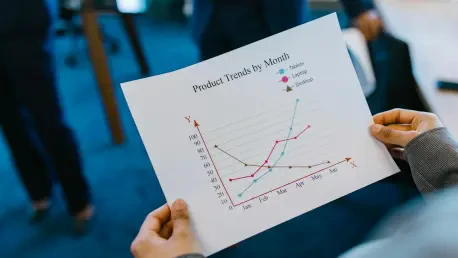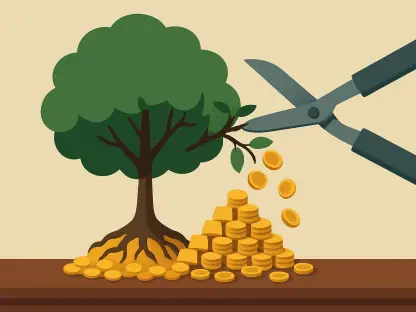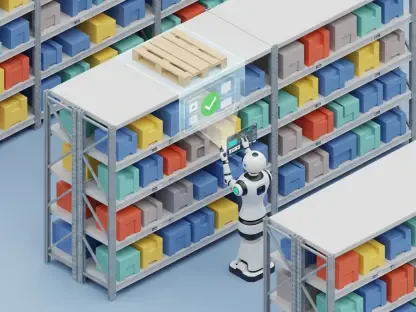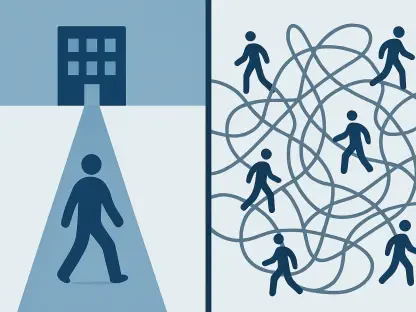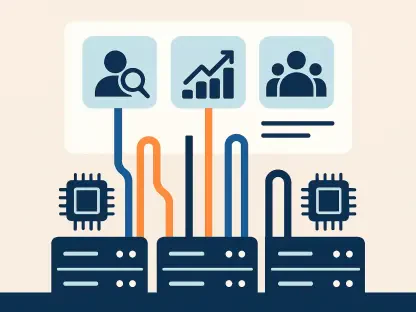In a transformative step toward shaping a thriving future, the City of Boulder has embarked on an ambitious reorganization to prioritize cultural and economic growth, aligning with the City Council’s vision and the broader Citywide Strategic Plan. This comprehensive restructuring, spearheaded by City Manager Nuria Rivera-Vandermyde, signals a pivotal moment for the community as it seeks to solidify its reputation as a beacon of innovation and cultural richness. By integrating arts, business support, and long-term economic strategies under a unified framework, the city aims to create a vibrant ecosystem where creativity and commerce flourish hand in hand. This initiative not only addresses immediate local needs but also positions Boulder as a model for other municipalities looking to harmonize cultural vitality with economic progress. The announcement of these changes has sparked curiosity and anticipation among residents and stakeholders eager to see how this bold vision will unfold in the coming months and beyond, setting the stage for a dynamic transformation.
A New Division for a Bold Vision
The centerpiece of Boulder’s reorganization is the establishment of a dedicated Cultural and Economic Development division within the City Manager’s Office, set to launch in early 2026. Under the initial leadership of Assistant City Manager Mark Woulf, this division is slated to eventually become a standalone department with its own director, underscoring the city’s long-term commitment to these priorities. The restructuring involves dissolving the existing Community Vitality (CV) Department, with most of its staff and functions being absorbed into the new division. Responsibilities that overlap with other city operations will be thoughtfully redistributed to relevant departments, ensuring a streamlined approach. City leadership has emphasized that this model draws inspiration from successful strategies in peer cities, aligning expertise with Boulder’s recently developed Economic Development Strategy to foster a cohesive framework for growth and community enhancement.
Beyond the structural changes, the focus of this new division is to weave together cultural and economic initiatives in a way that amplifies Boulder’s unique identity. The integration aims to support a local economy that thrives on creativity and innovation while nurturing a sense of community through arts and cultural programs. Key areas of operation will include supporting the creative sector, acting as a primary resource for businesses, and driving strategic economic projects. This holistic approach is designed to address the interconnected nature of cultural vibrancy and economic stability, ensuring that growth in one area fuels progress in the other. As the city prepares for this transition, there is a clear intent to balance immediate operational needs with visionary goals, creating a foundation for sustainable development that resonates with Boulder’s values and aspirations for the future.
Key Focus Areas Driving Change
The newly formed Cultural and Economic Development division will operate across three critical pillars, each designed to strengthen Boulder’s community fabric. The first pillar, Arts & Culture, places a spotlight on the creative community’s essential role in the local economy by supporting cultural growth through initiatives like the Cultural Grants Program and the Public Art Program. Additionally, it will implement the city’s Arts Blueprint to guide future endeavors. This focus aims to elevate Boulder’s status as a cultural hub, ensuring that artists and cultural organizations have the resources and visibility needed to thrive. By embedding arts into the city’s economic framework, this pillar seeks to create a ripple effect, where cultural richness attracts talent, tourism, and investment, benefiting the broader community in tangible ways.
Another vital area of focus is Business Support, which positions the division as the primary liaison for local enterprises. This pillar will provide essential resources to help businesses start, expand, and succeed, including oversight of the Boulder Small Business Development Center (SBDC). The goal is to create an environment where entrepreneurship is nurtured through accessible tools and guidance, fostering economic resilience. Meanwhile, the Economic Development pillar will concentrate on long-term strategic initiatives, such as redevelopment opportunities and support for special districts, alongside planning for a potential Downtown District Authority (DDA). These efforts are geared toward shaping a robust economic future for Boulder, ensuring that growth is both sustainable and inclusive. Together, these focus areas represent a comprehensive strategy to intertwine cultural and economic progress, addressing diverse community needs with precision and foresight.
Staff Transitions and Community Impact
As part of this sweeping reorganization, staff transitions play a significant role in aligning talent with the city’s evolving needs. Most employees from the dissolving Community Vitality Department will find new roles within the Cultural and Economic Development division or other city departments where their specialized skills can be best utilized. However, the process includes the elimination of six positions, a decision that city leadership has approached with a commitment to support affected employees by assisting them in finding suitable vacancies within the organization. This careful balance of efficiency and employee welfare reflects an intent to maintain morale and continuity during a period of substantial change, ensuring that the human element remains a priority amidst structural shifts.
The community impact of these transitions extends beyond internal operations, as the city prepares for high-profile opportunities like hosting the Sundance Film Festival, scheduled to relocate to Boulder in 2027. To spearhead this effort, Cris Jones, the current head of CV, will transition to the newly created role of Director of Strategic Partnerships, reporting directly to the City Manager. His primary task will be coordinating cross-departmental efforts for the festival, leveraging deep ties with arts and business partners. Additionally, Jones will oversee special events, positioning him as a key figure in maximizing this opportunity for local growth. This strategic appointment, alongside broader staff realignments, underscores Boulder’s proactive stance in harnessing both immediate and future prospects to elevate its cultural and economic landscape for the benefit of all residents.
Building Toward a Vibrant Tomorrow
Reflecting on the strides taken, the City of Boulder has demonstrated a forward-thinking approach by rolling out this reorganization with meticulous planning and a clear vision for integration. The gradual implementation through the end of the year ensures that transitions are handled with care, minimizing disruptions while setting a strong foundation for the new division. Communication plays a crucial role, with updates shared via the Business Bulletin e-newsletter to keep the public informed about cultural and economic initiatives. The emphasis on supporting staff during transitions and preparing for monumental events like the Sundance Film Festival highlights a dedication to both people and progress. Looking ahead, the city must continue to refine these efforts by fostering collaboration across sectors, ensuring that arts, business, and economic strategies remain interconnected. Stakeholders are encouraged to engage with upcoming initiatives, monitor the evolution of the new division, and contribute ideas that sustain Boulder’s trajectory as a leader in cultural and economic vitality.
